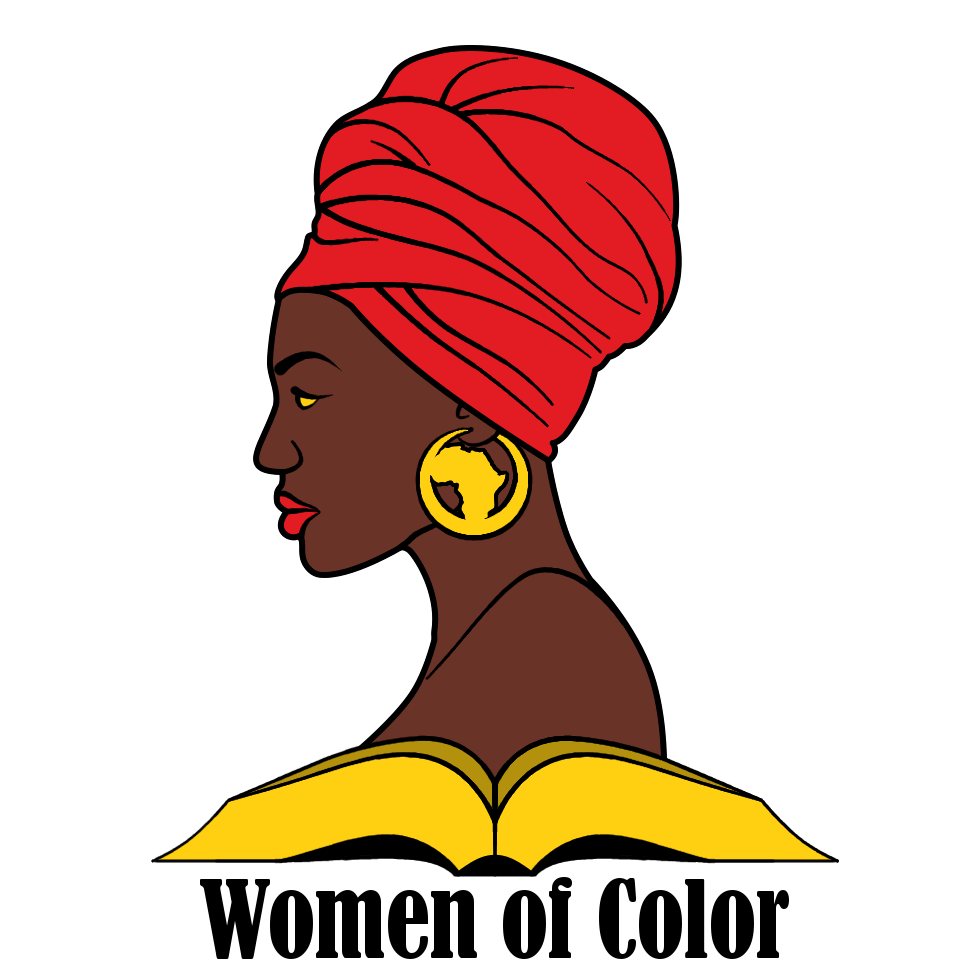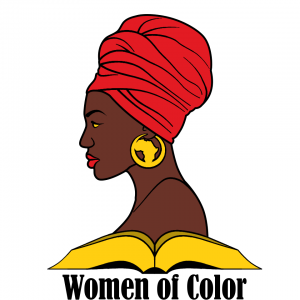

Brookyln College on Facebook
To close out Black History Month, Brooklyn College’s Women of Color hosted a discussion about the often-overlooked influence of the “underappreciated pioneer”: Black culture. Whether it be the latest dances on TikTok or today’s hits topping the Billboard charts, Black people and their authenticity have set the precedent of popular culture trends but are often not credited. Before the discussion could begin however, the panel was sabotaged by racist attacks from “Zoombombers.”
“It always feels like a delay – it’s a delay to Black people, but to the mainstream, it’s new, and it’s heralded as something new,” said panelist Dr. Courtney Joseph, a History and African American Studies professor at Lake Forest College in Illinois.
Before beginning the planned conversation, participants and panelists were asked to share their definitions of Black culture, where many stated that resiliency is the crux of its existence. Joseph explained that Black culture has resisted and continued, facing the Middle Passage or different forms of racism. For others, Black culture is the “blueprint of American culture,” moreover, it is what shapes who they are.
“To me, Black culture is honestly living within the communities I live in. Whether it’s a bodega on the corner, whether it’s listening to rap music, or watching BET growing up,” said Mame-Yaa Boateng, WOC’s president. “Natural hair coming back and being respected and enjoyed – that’s what Black culture is to me, honestly. Just loving my culture, remembering my roots, and being able to express it with the people I’m with.”
Early on in this discussion, two Zoombombers invaded the event. One of them played a video with graphic images and a voiceover that said the n-word repeatedly. Another had their profile picture depicting racist stereotypes. Despite the cyberattacks, participants were determined to continue discussing how underappreciated Black creators are in industries like music and professional sports.
“Everything – rock music, we created that. Rhythm and blues, we created that. Pop music, we created that,” said panelist Chanel Auguste, Associate Director of International Marketing at Sony Records. “(…)Black culture is literally the foundation of everything. I’d say it’s everywhere. It’s all around us.” Auguste shared that hip hop currently stands as the world’s most popular genre, leading artists to search for the latest rappers who can be featured on their tracks.
“All around me, I’m surrounded by Black culture and White people wanting to buy into that,” said Auguste.
From the early days of American entertainment, Blackface and other Jim Crow archetypes were prevalent. For Black people trying to gain their footing in theatre, film, or television, they either had to play the “Sambo character,” an anti-Black caricature, or not land a job at all. For Hattie McDaniels, the first African American to win “Best Supporting Actor” for her role of Mammy in Gone With The Wind, this was her reality.
“And she said, ‘I can be paid to be a maid on movies or on the TV, or I can get paid 5 cents to be a domestic maid and not be able to take care of myself,” said Joseph. “(…)So the choices that Black people make – it’s important to think about how limited they are.”
Within the hip hop world, where streaming money is garnered and generated by mostly White listeners, young Black artists are often persuaded by top executives with bad contracts and loads of money, Auguste explained. In exchange, rappers like Jay-Z sacrifice writing of their true struggles and upbringing to create what sells.
“But he said something that a lot of rappers weren’t saying, which is, ‘I know how to be intellectual. And I know how to be conscious, and I know how to make this music, but it’s not putting food on my table. It’s not feeding my family. It’s not supporting me,” said Auguste.
On Black Twitter, where Black users share important information pertinent to African Americans, and other social media outlets, there is an ongoing conversation about the profiting of Black culture.
“(…)You sell the version of Black that it is profitable, but what are the consequences of that when this culture, art, and products are so profitable they go places you haven’t even touched yet? Or they’re shaping narratives about you,” noted panelist Dr. Donna-Lee Granville, a BC sociology professor. She noticed on her social media that there’s growing support of the idea “that capitalism is not going to save us.” Though she would not dictate how one should make their income, Granville thinks it’s essential to consider the aftermath of profiting from Black culture.
As the discussion came to a close, the panelists and participants made their final remarks on what responsibilities Black creators must have when putting their work or services on the market. The question remained of whether Black artists have to create works that challenge the issues they face or be allowed to create art for art’s sake. Ultimately, as panelist Granville states, it’s the authenticity of the “underappreciated pioneer,” or Black culture, that garners influence across the board.
“We’re sort of underscoring that point that, ‘Man, they love to hate us, but we’re still here and we’re still going to be here,’” said Granville, when referring to those like the night’s Zoombombers who are racist against Black people. “We’re not going anywhere. If at any rate, they’re going to have to deal with our culture if they don’t want to deal with us. We keep giving it to them.”
